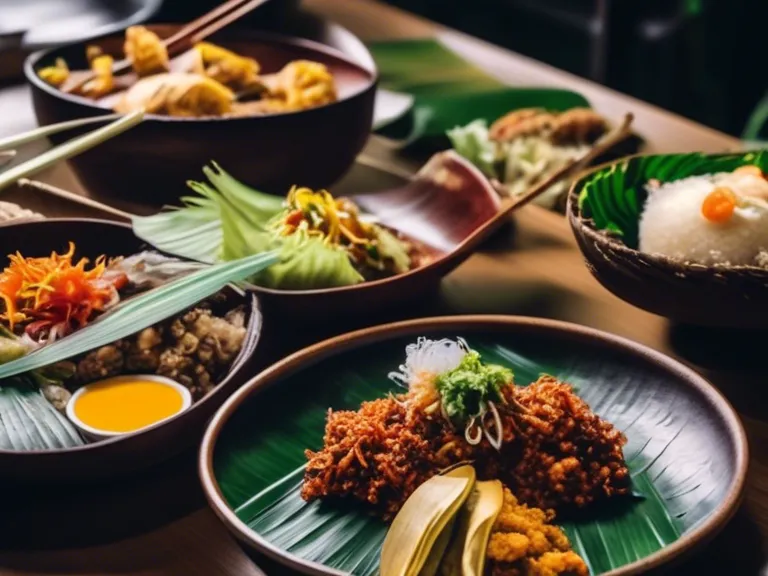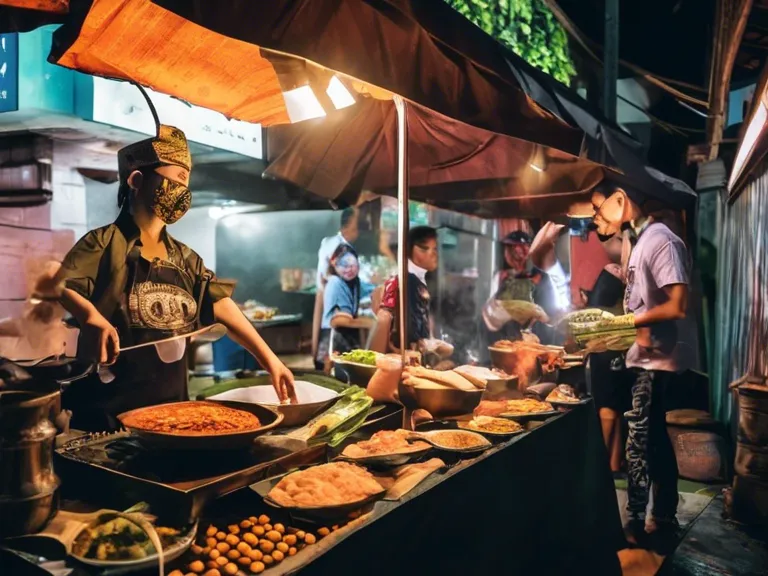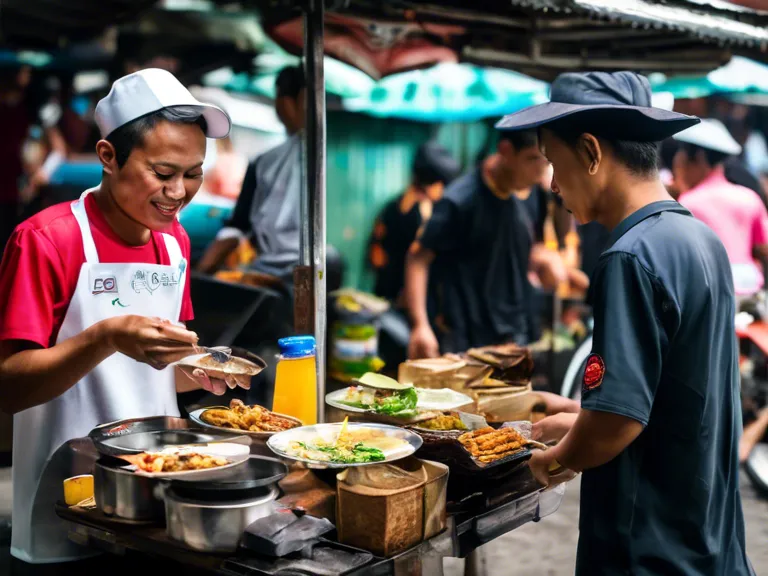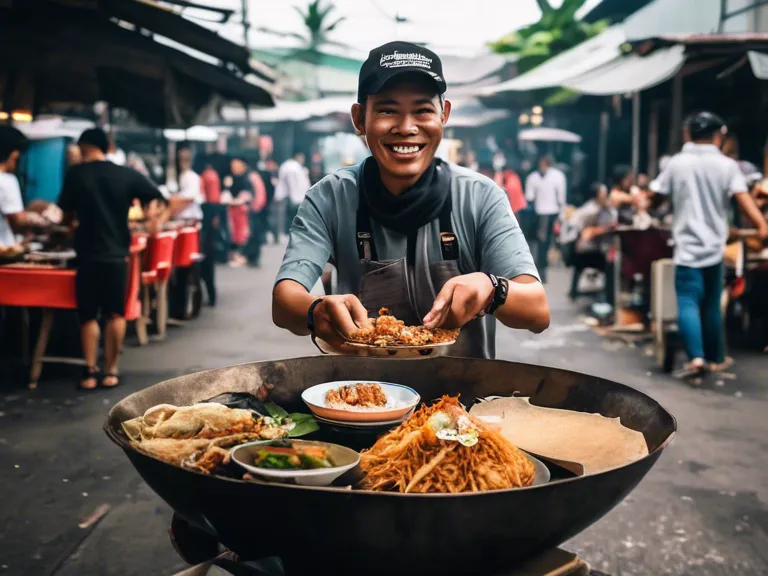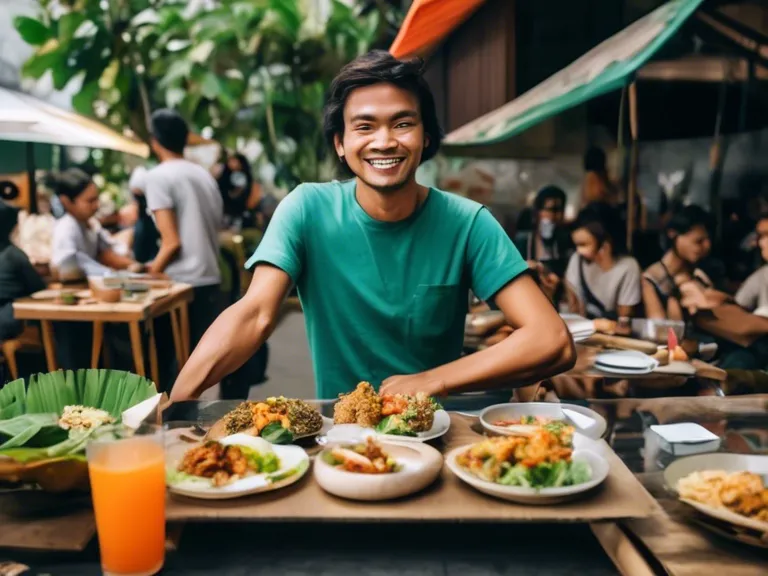
Street food is an essential part of Indonesian culture, offering flavorful and affordable dishes to locals and tourists alike. However, traditional street food often comes with environmental issues, such as excessive use of single-use plastics and unsustainable sourcing of ingredients. As the world faces the urgent need to address climate change and reduce waste, the concept of sustainable street food has emerged as a viable solution.
In Indonesia, a growing number of street food vendors and organizations are embracing eco-friendly practices to provide delicious meals without harming the planet. From using biodegradable packaging to sourcing ingredients from local, organic farms, these initiatives are shaping the future of street food in the country.
One key aspect of sustainable street food in Indonesia is the focus on reducing plastic waste. Many vendors now offer dishes in compostable containers made from plant-based materials, reducing the amount of plastic that ends up in landfills and oceans. Some vendors also encourage customers to bring their own reusable containers to further minimize waste.
Another important element of sustainable street food is the sourcing of ingredients. By supporting local farmers who use sustainable and organic farming practices, street food vendors can ensure that their dishes are not only delicious but also environmentally friendly. This not only benefits the environment but also boosts the local economy and promotes food security.
Furthermore, sustainable street food initiatives in Indonesia often prioritize food waste reduction. By carefully managing portion sizes and creatively repurposing leftovers, vendors can minimize the amount of food that goes to waste, thereby reducing their environmental impact.
Overall, sustainable street food is not just a passing trend but a necessity in the fight against climate change and pollution. By supporting eco-friendly street food vendors and choosing sustainable options, consumers can enjoy delicious meals while helping to create a more sustainable future for Indonesia and beyond.
